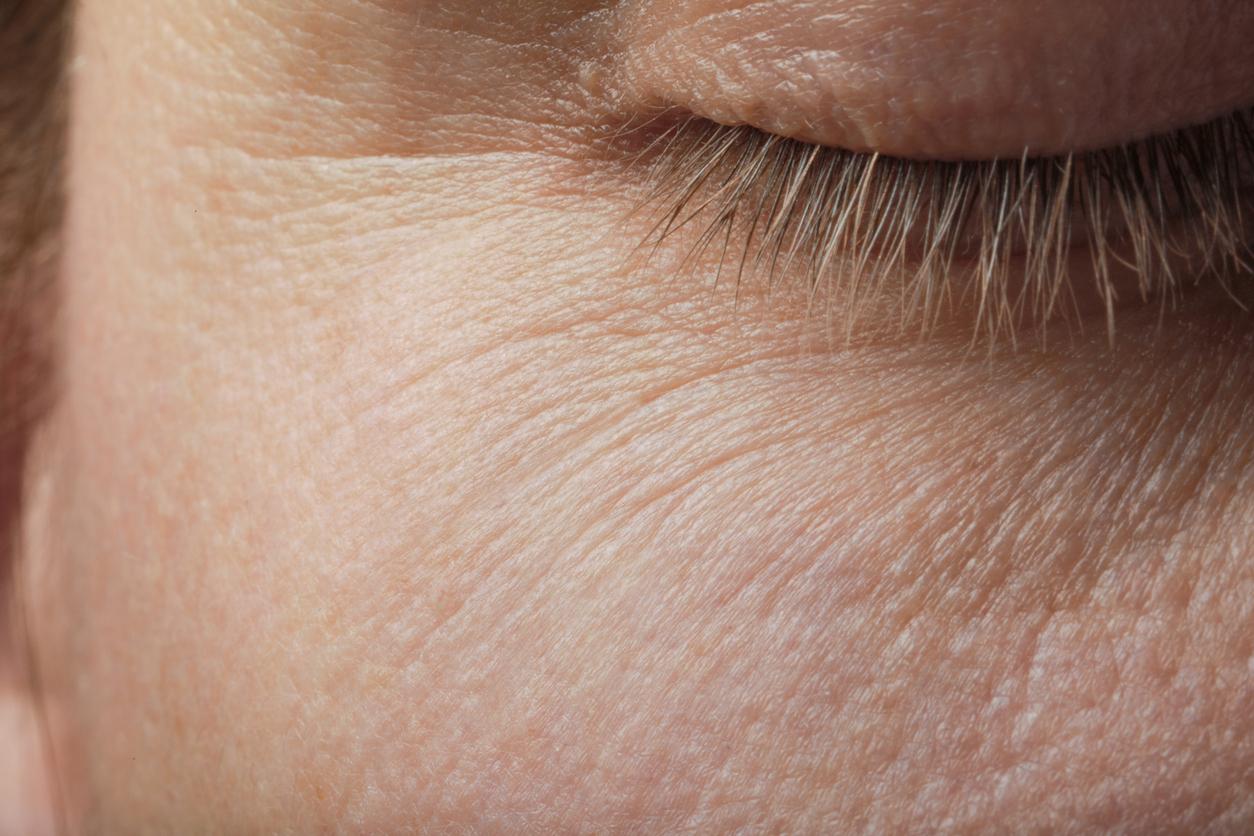THE intermittent fasting consists of not eating anything during a defined time slot. There are several forms of fasting, but the best known is 16/8. Concretely, you have 8 hours a day to eat, and 16 hours to fast. During these 16 hours, exit food, with the exception of water, teas, herbal teas or vegetable juices.
Journalist for a health magazine, I heard about this practice when one of my colleagues made an article about it. Curious to know more, I became interested in the scientific studies published on intermittent fasting.
This practice is studied since 1943 and has shown some effectiveness in weight loss but also in improving certain biomarkers such as insulin sensitivity. Going back even further, we remember that fasting was practiced involuntarily by our prehistoric ancestors, who, without suffering from starvation, did not eat three meals a day. Meals depended mainly on gathering and hunting.
It’s no coincidence, then, that we’ve evolved with livers and muscles capable of storing carbohydrates quickly, and fatty tissue designed to keep energy reserves ready to take over when food isn’t available.
In 1 year, I said goodbye to more than 15 kilos
According to my research, fasting had many health benefits. Mark P. Mattson, professor of neuroscience at Johns Hopkins University (USA) and above all former head of the neuroscience laboratory at the National Institute on Aging was the pioneer of intermittent fasting: he skipped breakfast and sometimes even lunch. Mark Mattson was taking his 2000 daily calories in a six hour window.
Subject to digestive disorders for several years, I had decided to embark on intermittent fasting. Not without the follow-up of a dietician. In 1 year, I relieved myself over 15 kg. Three years later, I stabilized: I now weigh almost 50 kilos for 1 m 65.
I lost 3 pounds in the first month of intermittent fasting and kickstarted my digestive system.
I choose to fast in the evening, four times a week on average. Concretely between 4 p.m. and 9 a.m. the next day, no food enters my body (on fasting evenings). The first effects were felt on my digestive system. It was as if I passed my body to the karcher. I had the impression that all the excesses of the last years had disappeared from my organism.
Allowing a 16 hour break to my digestive system, fasting literally detoxified my body. The fact of not eating during all this time makes it possible to revive a digestive system if it is disturbed. My stomach aches were gone.
“ Intermittent fasting will act on the level of liver and pancreas. By dint of accumulating foods that are difficult to digest (cooked fats, alcohol, proteins), the liver is overwhelmed in its absorption capacity. We’ll be permanently bloated and smearedconfirms Raphaël Gruman, nutritionist. When you follow intermittent fasting, you give the liver time to process the food, to assimilate it, so you avoid accumulation. We can talk about a detox. It is for this reason that we gain more beautiful skin, kidneys that work better and we are less prone to digestive difficulties. “.
If you choose to fast in the evening, however, make sure you have eaten well at noon and at breakfast, in order to prevent deficiencies and above all not to crack! It may seem contradictory, but to succeed in intermittent fasting, you have to…eat! Don’t forget to eat a balanced diet rich in fruits, vegetables, good proteins and omega-3s.
My sleep has never been so deep
My nights have never been so peaceful and my sleep deeper than since I practiced intermittent fasting. My rhythm is much more balanced: I go to bed at the same time almost every night, and in the morning I no longer need my alarm clock to go to work. I open my eyes half an hour before and I’m ready, full of energy, to start the day.
People who are having difficulty sleeping may consider intermittent fasting in the evening, or at least rethink their dinner plan.
Indeed, in the morning and at noon, you will have energy intake at times that precede energy expenditure. It is for this reason that you will more easily eliminate what you eat. On the contrary, if you ingest large meals in the evening, you will store them. This is why those who eat a lot in the evening tend to gain weight. Hearty dinners also cause heat generation which will interfere with sleep.
I listen to my body and my morale suffers
Many of my relatives asked me if intermittent fasting was not morally hard to carry out. Against all odds, fasting produces the opposite effect! The many positive effects of fasting on the body have a huge impact on morale.
Contrary to what most people think, intermittent fasting is not incompatible with a fulfilling social life, since you can quite simply practice it two to three days a week to see a result. For my part, I have never set a strict rule: I fast four evenings a week on average. Now, it can also be 5 or 1. Don’t think I’m giving up great dinners on holidays or family weekends. Intermittent fasting not only helpsprevent weight gain after occasional overeating but also stomach aches.
Besides, I am much more in tune with my body. Intermittent fasting allowed me to realize that we eat a lot out of habit and not necessarily out of hunger or need.
After three years, I have the firm conviction that intermittent fasting is beneficial for the body. if done well. Before you start, talk to your doctor or a nutritionist. Attentionmost experts strongly advise against fasting for children, diabetics, those with hyperthyroidism, liver failure and those with a low BMI (>18).
To read to go further : Intermittent fasting: 1 year later (ed. Alpen), Emmanuelle Jung and Virginie Saliceti Vartanian


















